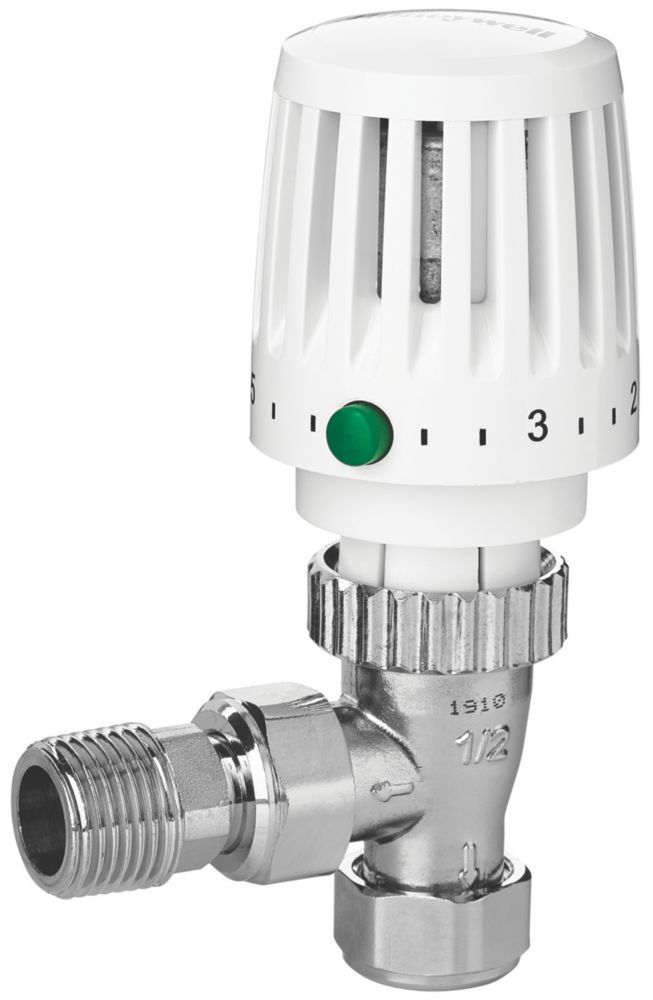Soldato
- Joined
- 27 Dec 2006
- Posts
- 2,916
- Location
- Northampton
Currently have a Nest thermostat and its worked without any issues.
I'm planning for the coming winter and trying to find out if my logic make sense?
As I'm WFH and keeping the radiators on for the whole house doesn't make sense to me as I'll be in my office most of the day, however with the smart thermostats you can have smart value radiator values. Wouldn't make sense to have these installed in my house and only have them come on in my office? Does it change the cost of my gas / electricity bill by much over a period time if its only heating on radiator or have I got the concept wrong?
Help!
I'm planning for the coming winter and trying to find out if my logic make sense?
As I'm WFH and keeping the radiators on for the whole house doesn't make sense to me as I'll be in my office most of the day, however with the smart thermostats you can have smart value radiator values. Wouldn't make sense to have these installed in my house and only have them come on in my office? Does it change the cost of my gas / electricity bill by much over a period time if its only heating on radiator or have I got the concept wrong?
Help!





